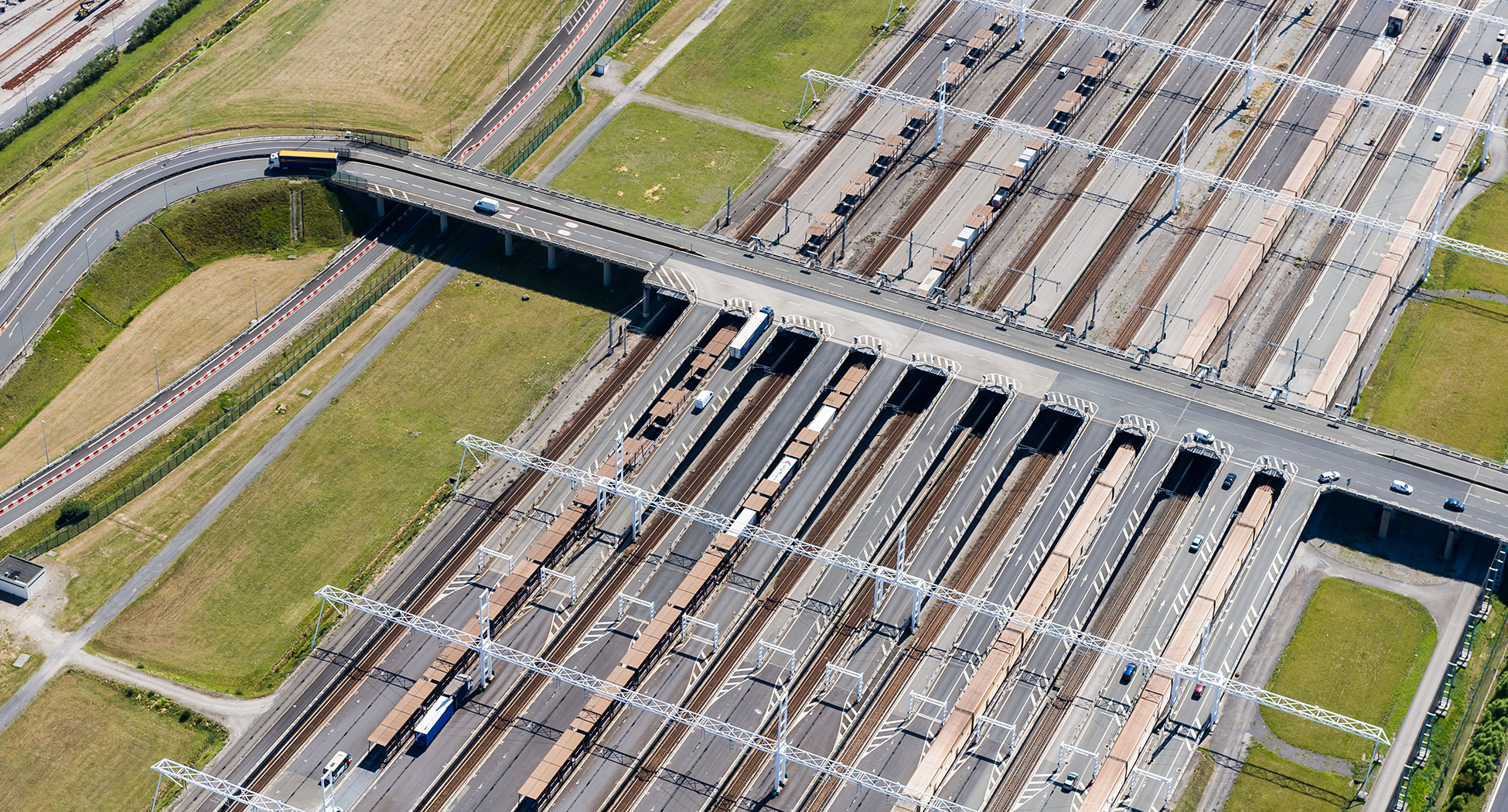1740 results found
Featured results



More results

The Future of Regulation lays out a set of core principles that the Global Infrastructure Investor Association believes can effectively and fairly govern the UK’s regulated utility sector for decades to come, and forms a key part of the GIIA's engagement with HM Treasury on this important policy area.

RAND researchers used a six-step scenario development process to develop two thought-provoking scenarios that address the future of mobility in the US in 2030. Three driving forces caused one path to emerge over another: (1) the price of oil, (2) the development of environmental regulation, and (3) the amount of highway revenues and expenditures.
What might one expect for the future of mobility in China in 2030? Mobility is defined as the ability to travel from one location to another, regardless of mode or purpose. RAND researchers used a six-step scenario development process to develop two thought-provoking scenarios that address this question.
The Future of Infrastructure report (Annual edition) is based on a survey covering more than 10,000 people in 10 major global cities to ask about their everyday experiences with infrastructure services.

The European Investment Project Portal (EIPP) and the Global Infrastructure Hub (GI Hub) announce their cooperation to exchange projects for publication on their websites.

Thanks to the Internet of Things (IoT), physical assets are turning into participants in real-time global digital markets.


The European Investment Bank (EIB) calculates the economic returns of its projects using internationally accepted methods.

The European Investment Bank adopted the EIB Group Gender Strategy on 13th December 2016, building upon an extensive review of and alignment with relevant EU legislation and policy documentation.

The European Investment Bank adopted the EIB Group Gender Strategy on 13th December 2016, building upon an extensive review of and alignment with relevant EU legislation and policy documentation.

This publication aims to estimate the direct and indirect effects of infrastructure on firm productivity using firm level data from the People’s Republic of China using multiple regression techniques.

This report looks into the area of Congqing, benchmarking its performance against other regions within China and outlining pillars to achieve Chongqing's vision and the risks associated with this vision.

The Decision Tree Framework is a robust decision scaling approach from the World Bank that provides resource-limited project planners and program managers with a cost-effective and effort-efficient, scientifically defensible, repeatable, and clear method for demonstrating the robustness of a project to climate change.


Government Guidance on sourcing and contracting public works projects and programmes


This map summarizes information on the connectivity of 67 important South Asian cities concerning infrastructure networks.

The Channel Tunnel is a roughly 50 kilometre-long rail tunnel linking Folkestone, Kent, in England, with Coquelles, Pas-de-Calais, near Calais in northern France, beneath the English Channel at the Strait of Dover.
The Capital Framework supports the successful delivery of capital projects in the ACT. It provides practical assistance to those proposing investment projects in the ACT.

The Blue Dot Network aims to help mobilise private sector investment by identifying and encouraging market-driven, transparent, and sustainable infrastructure projects. It establishes a voluntary, private-sector focused, government-supported project-level certification that aligns with the G20 Principles for Quality Infrastructure Investment, the UN Sustainable Development Goals, the International Finance Corporation (IFC) Performance Standards, the Equator Principles, the OECD Guidelines for Multinational Enterprises, and the OECD Recommendation on the Governance of Infrastructure.

B&R Infrastructure Development Index Report 2018, in both English and Chinese, published by China International Contractors Association (CHINCA) in the 9th International Infrastructure Investment and Construction Forum held in Macao on June 7-8, 2018.

This is a practical guide describing "how to design, implement, and measure progress with regard to knowledge exchange initiatives," according to the World Bank's summary.







